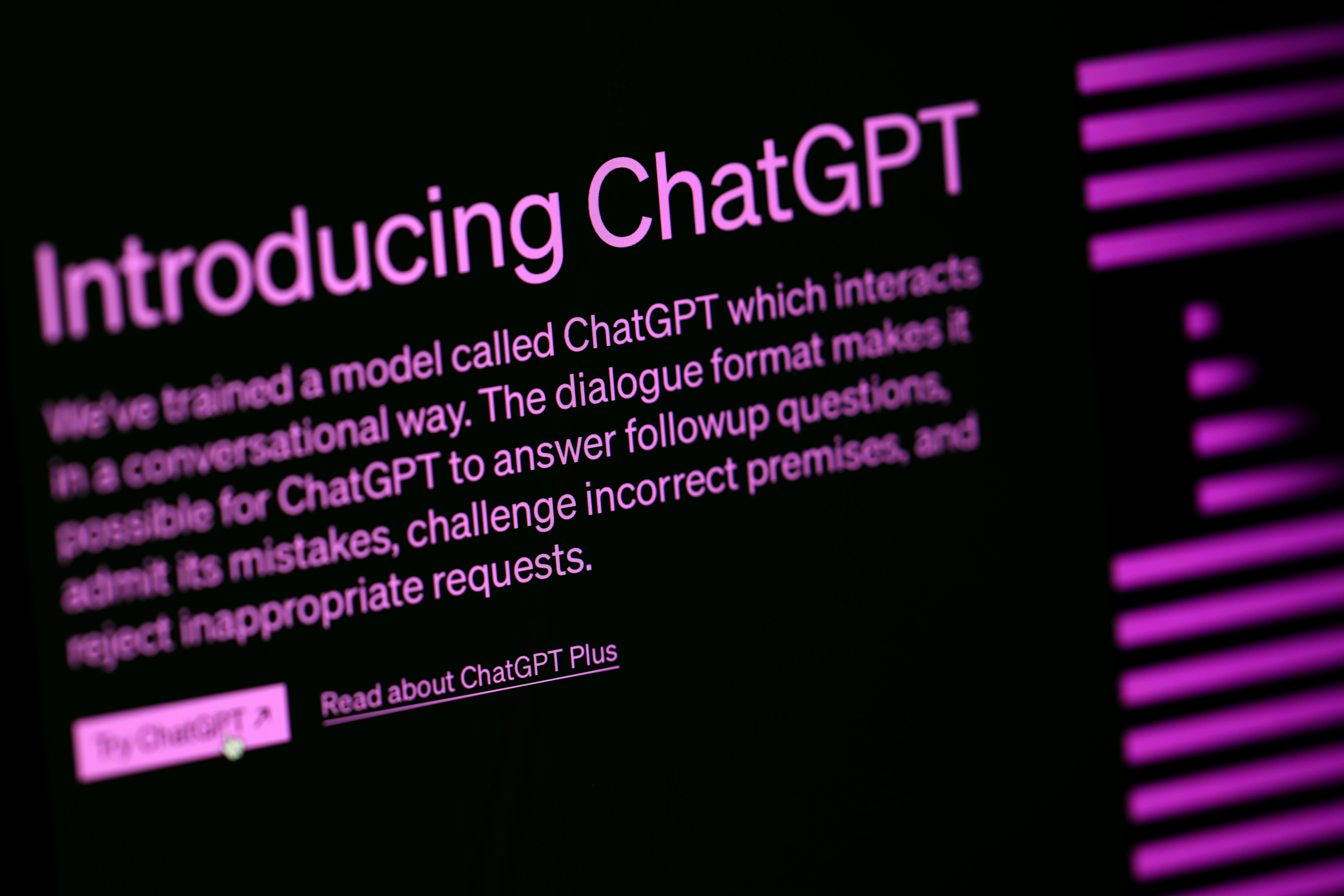Two thirds of workers think AI will take over more jobs than it creates – survey
Experts have suggested that AI will certainly change the way many people work, but will perhaps not cause mass lay-offs.

Nearly two in three workers in the UK think the emergence of artificial intelligence (AI) will take away more jobs that it will create, but many fewer are worried about their own prospects, a new study has suggested.
In a poll taken earlier this month before BT said it might lose around 10,000 workers to AI by the end of the decade, 62% of working Britons said that robotics and AI would take over more jobs than they create.
The YouGov survey of 1,169 people found that 8% said more jobs will be created than lost, while 14% said it would be around the same. The survey was carried out between May 5 and May 9.
Yet despite these results, only 22% of people surveyed said they were worried about the impact of robotics and AI on their future careers.
White collar workers whose job security was founded on their knowledge of complex processes and ability to integrate information from various sources quickly to make decisions will be displaced in large numbers
It comes as businesses, academics and governments are trying to come up with a response to how work might look in the age of AI.
On Friday Prime Minister Rishi Sunak said the technology could bring great benefits to society, but that it needs “guard rails”.
A report published recently by the White House suggested that in future AI might be able to take over a wide range of non-routine tasks, unlike past automation which impacted mainly routine roles.
It cited a 2020 study which showed that the most-exposed occupations could include clinical laboratory technicians, chemical engineers, optometrists and power plant operators.
Joseph Fuller, a professor at Harvard Business School said it will take some time for companies to understand how to use AI, but when they do there will likely be widespread cuts to white collar jobs.
“White collar workers whose job security was founded on their knowledge of complex processes and ability to integrate information from various sources quickly to make decisions will be displaced in large numbers,” he said.
However, his Harvard colleague Edward McFowland III said that AI will change how people do their jobs, but the doomsday scenario where it replaces everyone is still far off.
“The advent of the calculator didn’t make math less important, but it did change what mathematical skills became important to organisations and, importantly, how we taught math in schools,” he said.
“It became less important for engineers building rockets at Nasa, for example, to solve complex math problems in their heads. The ability to structure a problem or goal as a set of mathematical equations that the calculator could solve became more important.”
He said the way people are trained should be used to complement AI, helping them to feed in the right information and questions and spotting mistakes in its output.
Some experts argue that AI has existed for many years and has been changing the way people work for a long time.
Customers and workers already interact with chatbots at their banks, or the algorithms which drive delivery or taxi apps.
In a 2020 study, researchers at Massachusetts Institute of Technology, Princeton University and Boston University looked into job descriptions posted between 2010 and 2018 in the US.
They found companies that had been exposed to AI had removed some tasks from job descriptions, but these were instead replaced by new tasks.
“We do not detect any negative relationship between AI exposure and employment or wage levels at more aggregated levels,” the authors added, but cautioned that this could be because the technology is still in its infancy.
A 2022 review of academic literature by researchers at Macquarie University in Australia warned that current social systems are organised around people having full-time employment and systems of social protection such as health and pension coverage could be put under even more stress if AI changes this.





